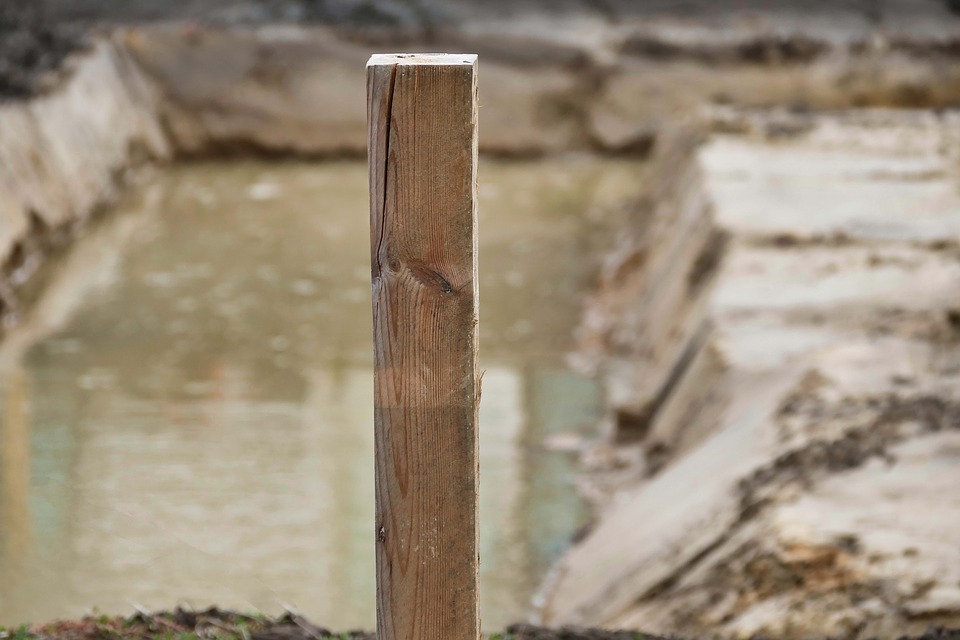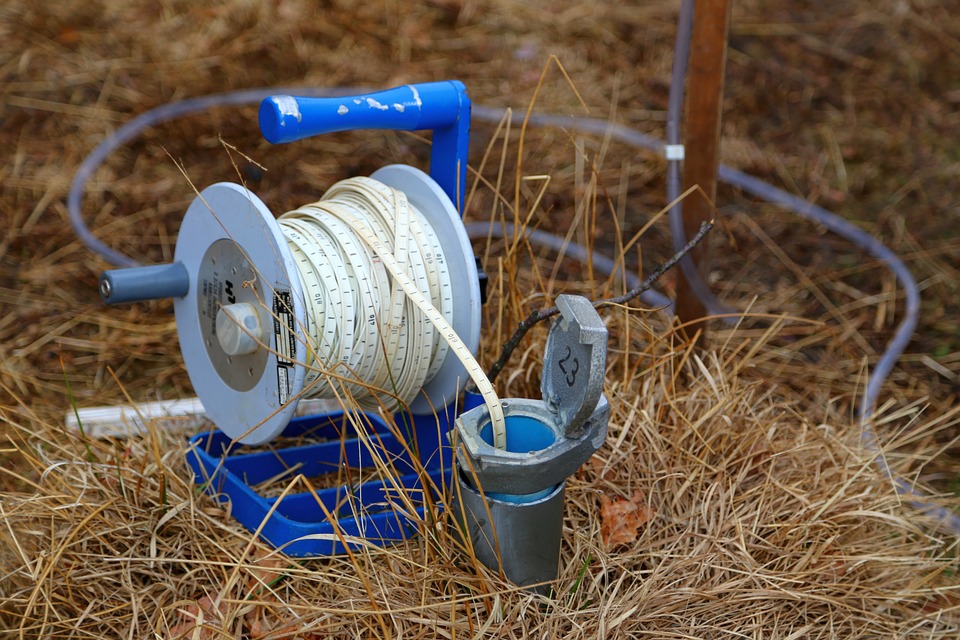冠状病毒时代的水
冠状病毒时代的水
March 22 is World Water Day. As we lock down economies to battle the novel coronavirus disease (COVID-19), we need to understand just how critical the issue of water — clean, safe and accessible for all — is.
3月22日是世界水日。当我们锁定经济以抗击新型冠状病毒疾病(covid19)时,我们需要了解水的问题有多么重要——清洁、安全和人人可及。
Today, the only defence against the pandemic is that we wash our hands frequently — 20 seconds each time. The fact is, clean water remains the most important preventive health measure in the world.
今天,唯一的防御措施就是我们经常洗手——每次20秒。事实上,清洁水仍然是世界上最重要的预防保健措施。
As we confront the new global enemy, the availability of water will be a crucial determinant for a successful outcome in this war.
在我们面对新的全球敌人时,水的供应将是这场战争取得成功的关键决定因素。

Most of us are comforted by the fact that we can get water from our taps; if we find that to be not clean enough, we simply switch to buying and drinking bottled water. We opt out of the public water system and move to private water, forgetting two things:
我们中的大多数人都很欣慰,因为我们可以从水龙头里取水;如果我们发现水不够干净,我们就干脆改买瓶装水喝。我们选择退出公共供水系统,转向私人供水,别忘了两件事:
One, the water we buy also comes from public sources — in most cases, groundwater.
首先,我们购买的水也来自公共资源——在大多数情况下,是地下水。
Two, even if we buy bottled water because it is ‘safe’ to drink, we still excrete water as urine — the more water we use, the more sewage we generate.
第二,即使我们买瓶装水是因为喝起来“安全”,我们还是会以尿液的形式排泄水——我们用的水越多,产生的污水就越多。
If this sewage is not intercepted and then taken for treatment, it will add to pollution and degrade waterbodies. We are back to square one, in terms of dirty water.
如果这些污水不被截流后再加以处理,就会增加污染并破坏水体。就脏水而言,我们又回到原点了。
The water crisis is a health crisis. Take the coronavirus. The 20-second hand wash, advised to kill the virus, would mean roughly 1.5-2 litres per wash; washing hands frequently would mean we need between 15-20 litres of water per person; a household of five would need 100 litres only for handwashing.
水危机是一种健康危机。冠状病毒期间,建议的20秒洗手意味着每次大约1.5-2升;勤洗手意味着我们每人需要15-20升水;一个五口之家就需要100升水洗手。
Even assuming that you do not leave the tap running when you rub your hand with soap, water consumption will be high. But it is necessary to keep the virus away and to keep you safe.
即使假设你在用肥皂搓手的时候不让水龙头开着,用水量也会很高。但为了远离病毒,保证安全我们必须这么做。

This then is the challenge. A large numbers of people in India and vast parts of the still emerging world do not have access to water, forget its portability. How then will they be free of the virus?
这就是挑战所在。在印度和新兴世界的大部分地区,有大量的人没有水,更别提它的便携性了。那么他们怎样才能摆脱病毒呢?
The pandemic teaches us that we are as weak as the weakest link in the chain — the contagion needs us to ensure that everybody has access to public health so that nobody is left out and nobody can be the carrier of the virus.
疫情大肆传播告诉我们,我们就像这个链条中最薄弱的一环一样脆弱——传染病需要我们确保每个人都能获得公共卫生服务,这样就不会有任何人被排除在外,也不会有人成为病毒的携带者。
It is the same with water. If people do not have access to clean water, they will not be able to prevent the spread of the disease.
水也是一样的。如果人们得不到干净的水,就无法防止疾病的传播。
So, access to clean water, is not just a fundamental right, it is absolutely necessary for preventing and controlling diseases.
因此,获得清洁用水,不仅是一项基本权利,更是预防和控制疾病的绝对必要条件。


















